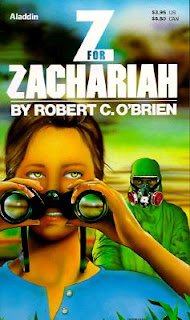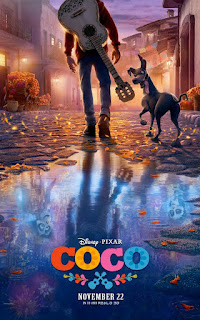Subversion in Fiction
Currently Reading: Ladyhawke by Joan D. Vinge
The Neverending Story by Michael Ende (reread)
Royal Assassin by Robin Hobb
Currently Writing: Merlin Book 2
Wizard of Oz retelling (outlining and prewriting)
When I was in grad school, one of the major topics we discussed in any given writing class was the idea of transgression or subversion -- working against or around the status quo. The discussion always made authors who transgressed against the commonly held ideas of society seem like the cool, rebellious kids at school that everyone wants to be acknowledged by.
Except I never did.
Maybe I'm the odd man out on this one, but I never saw the appeal in what appeared to me to be stirring up controversy for the sake of controversy (or sales, in some cases). It's just not how I think or operate. Oftentimes "transgressive" literature wasn't written for that reason, but because there was something in society which the author believed needed to change. Unfortunately, a lot of the discussions never focused on that, choosing instead to celebrate transgression and subversion for their own sakes.
However, I'm coming to the realization that subversion isn't always about throwing liberal sexuality or Communism or any other idea you want into a story because it rubs against the grain of society. Sometimes it's simply writing something unexpected to keep the story real, true, and fresh. This is especially true in genre fiction, where each genre has its own tropes and stereotypes that are at once expected and apprehended (in the sense of anxiety rather than capture). An author might choose to take one of those standards (like the Chosen One) and give it a little twist. He or she might make the story do something unexpected.
G.R.R. Martin does this in A Game of Thrones by killing the ostensible main character. Brandon Sanderson does it in his Mistborn series by turning any number of fantasy tropes on their heads, from the evil overlord to the chosen one.
For a Christian writer, perhaps the transgression appears in the form of a character who keeps to their moral convictions in a world surrounding them with other options. Perhaps the subversion of their genre tropes comes in the form of a conversion scene, but maybe it comes by not having a conversion scene where one is expected.
For NaNoWriMo this year, I'm planning to write a retelling of The Wizard of Oz. One of the themes in the original is the self-sufficiency of the main characters, the fact that each already has what they were looking for. That's something I can subvert. The Wizard, who in the early chapters is spoken of as a stand-in for God, is revealed to be a charlatan, a poor sort of god if such a thing exists in the world of Oz. This, too, presents itself as a target for subversion.
The Neverending Story by Michael Ende (reread)
Royal Assassin by Robin Hobb
Currently Writing: Merlin Book 2
Wizard of Oz retelling (outlining and prewriting)
When I was in grad school, one of the major topics we discussed in any given writing class was the idea of transgression or subversion -- working against or around the status quo. The discussion always made authors who transgressed against the commonly held ideas of society seem like the cool, rebellious kids at school that everyone wants to be acknowledged by.
Except I never did.
Maybe I'm the odd man out on this one, but I never saw the appeal in what appeared to me to be stirring up controversy for the sake of controversy (or sales, in some cases). It's just not how I think or operate. Oftentimes "transgressive" literature wasn't written for that reason, but because there was something in society which the author believed needed to change. Unfortunately, a lot of the discussions never focused on that, choosing instead to celebrate transgression and subversion for their own sakes.
However, I'm coming to the realization that subversion isn't always about throwing liberal sexuality or Communism or any other idea you want into a story because it rubs against the grain of society. Sometimes it's simply writing something unexpected to keep the story real, true, and fresh. This is especially true in genre fiction, where each genre has its own tropes and stereotypes that are at once expected and apprehended (in the sense of anxiety rather than capture). An author might choose to take one of those standards (like the Chosen One) and give it a little twist. He or she might make the story do something unexpected.
G.R.R. Martin does this in A Game of Thrones by killing the ostensible main character. Brandon Sanderson does it in his Mistborn series by turning any number of fantasy tropes on their heads, from the evil overlord to the chosen one.
For a Christian writer, perhaps the transgression appears in the form of a character who keeps to their moral convictions in a world surrounding them with other options. Perhaps the subversion of their genre tropes comes in the form of a conversion scene, but maybe it comes by not having a conversion scene where one is expected.
For NaNoWriMo this year, I'm planning to write a retelling of The Wizard of Oz. One of the themes in the original is the self-sufficiency of the main characters, the fact that each already has what they were looking for. That's something I can subvert. The Wizard, who in the early chapters is spoken of as a stand-in for God, is revealed to be a charlatan, a poor sort of god if such a thing exists in the world of Oz. This, too, presents itself as a target for subversion.
Because, as scary as this is, the idea of Frank Morgan being a god in any sense is scarier.





Comments
Post a Comment
What do you think?